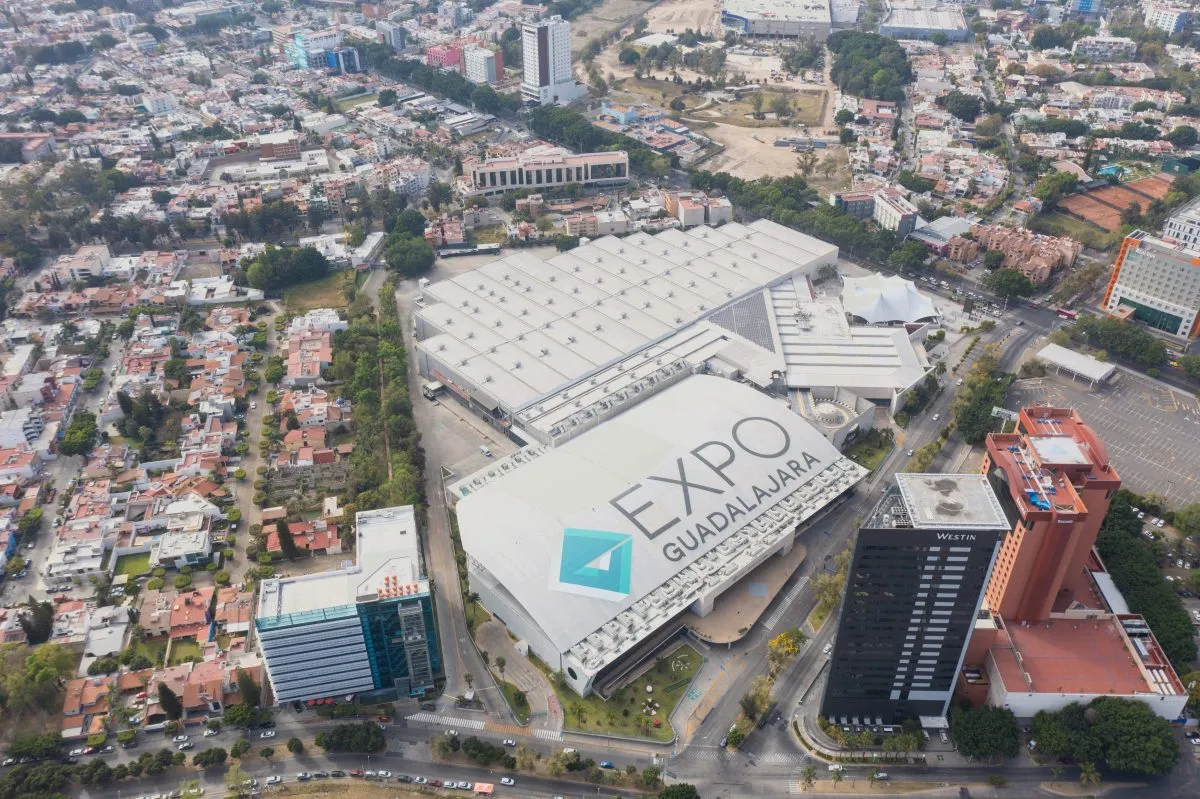Eventbrite Outlines Opportunities to Move Beyond $139 Million Loss in 2021

Skift Take
The numbers are encouraging even though Eventbrite’s stock price has not significantly recovered; it closed today at $15.23, not so far off from its 52 week low of $12.80. The company posted a net revenue of $59.6 million, or a jump of 124% year over year, and net loss of $16.8 million for the fourth quarter as opposed to $20.2 million in the same period for 2020.
What seems like an enormous jump in earnings should be put into context, however, as the winter 2020 Delta surge significantly affected consumer demand for in-person experiences, and as Eventbrite saw themselves refunding ticketing fees for canceled events. It’s not too difficult for ticketing-based revenues to look glorious in Q4 2021 when compared to what we were experiencing this time last year. But other markers point to hardening demand for the service - net revenue was 12% higher than in the previous quarter.
Most of the increase in revenue was driven by continued growth in paid tickets which “doubled compared to the fourth quarter of 2020 and rose 16% over the previous quarter to reach 22.1 million, the highest level in seven quarters,” Eventbrite reported in its shareholder letter.
This is especially promising given that the end of the fourth quarter was affected by Omicron, which has had a serious damper on in-person events being held at all. Ticket sales around Halloween were very strong, and Eventbrite relayed during yesterday afternoon’s earnings call that they are beginning to pick up again as the wave appears to be subsiding.
Unlike many other event tech platforms, Eventbrite has not significantly pivoted towards hybrid or virtual event support during the pandemic. As a result, many of its ticket sales are for in-person experiences, so the increase in sales is a good sign that as vaccination and immunity rates rise, people are once again willing to go to events in person. While Eventbrite isn’t out of the woods yet, with stock price performance still lagging the peer average year to date by 477.1%, it looks like they are healthy enough to continue to be a major player in event tech.
“Product-led strategy” predicted to continue to fuel long-range growth plan
CEO and co-founder Julia Hartz was enthusiastic about the company’s progress in pursuing the focus adopted in 2020, which identified frequent creators as the dominant clientele of Eventbrite, initiated a product-led strategy for growth, and confirmed the platform’s self-service operating mode.
Eventbrite Boost is a suite of tools that allows clients to create advertisements for social media and email campaigns through their dashboard, essentially giving creators who might not already have them access to powerful marketing tools. It was launched last spring, and leadership at Eventbrite sees it as the key to continued growth through the pandemic and beyond.
While product development is still in early stages, there’s already been strong uptake. The number of subscribers for Boost has tripled since June, a positive sign that was reflected in Eventbrite’s assertion that their strategic plan is paying off. It’s also telling that Eventbrite is investing aggressively in expanding its engineering and development team, including establishing a new talent hub in India.
These tools are being developed with a specific clientele in mind - small business and individual experience creators who will subscribe to the Boost service package in order to streamline their marketing and to have access to impressive tools that will allow them to target their ads more effectively. It’s also intended to help frequent creators manage multiple events and improve retention.
Yesterday, Hartz hinted at what’s next for features on the platform:
“Another opportunity we'll begin to address in 2022 is demand generation for creators. Eventbrite-driven tickets made up 24% of total free and paid ticket volume for 2021, and we see many opportunities to become an even stronger demand generation partner by putting the right event in front of the right audience at just the right time.”
Eventbrite in the event tech sector
Eventbrite has identified small-scale producers of experiences as its niche market, and the tools that it is currently iterating are primarily being tested by that customer base.
However, many larger-scale and B2B-oriented event tech platforms offer integration with Eventbrite. As large-scale in-person events return, it will be interesting to see whether clients who are using Eventbrite for ticketing and registration will also consider subscribing to Boost.
Boost’s attendee retention and relationship-building tools, intended to help independent creators build followings as they present several experiences over time, may have appeal to some event pros and their clients. Using data analytics to inform microtargeted outreach campaigns is definitely emerging as a trend to watch this year in event tech. We’ll be curious to see if 2022’s mergers and acquisitions reflect it industry-wide.
Looking at its unique sector position, it’s possible to speculate on what’s coming for Eventbrite. Eventbrite is different from other event tech platforms in that it also operates as a marketplace for ticketed events. A user can browse offerings by location and Eventbrite has the functionality to collect data on who is going to what event, and when. If there was a way to harness these analytics so that push advertising on social media by creators could put “the right event in front of the right audience at just the right time”, it could provide a new set of tools to foster attendee relationships and improve networking and social experience at larger-scale events. Salesforce and Marketo may find that they have a new competitor.




